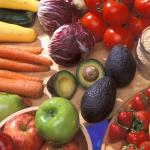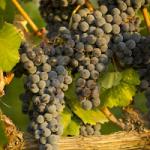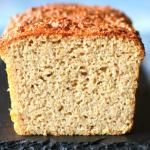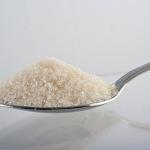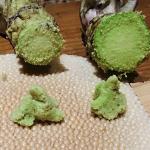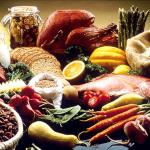By Henry I. Miller and Rob Wager
###
Food & Nutrition
Reprinted by permission of McGill University Office for Science and Society.
###
One of our readers [1] wrote to us about a recent article in Lancet regarding the role of alcohol in cardiovascular disease. That prompted us to take a look and here is what we found.
A recent article in the Times swallowed whole a junk study about an increase in death from eating red meat. ACSH advisor and biostatistician Dr. Stan Young dissected out the fat, bone, and grizzle, and found... nothing left.
The rise in obesity and diabetes has many causes, genetic, lifestyle, and of course, our dietary choices especially a perennial villain, sugar.
It's amazing what sort of nonsense shows up in your inbox every day. I always wonder who falls for this stuff, but it must be a substantial number of people. Otherwise, spammers wouldn't spam.
Reprinted by permission of McGill University Office for Science and Society.
###
The FDA has delayed labeling of our foods “added sugar” content until 2020, a new paper in Circulation tallies the costs and benefits of the policy in general.
Reprinted by permission of McGill University Office for Science and Society.
###
A new analysis looks at the impact of diet, writ large, on the “global burden of disease,” that is to say what in our diet is linked [1] to disease and to what extent.
